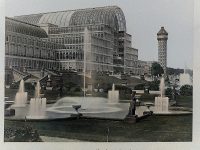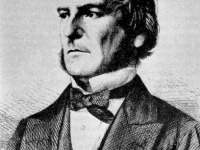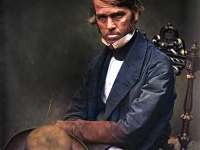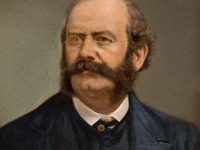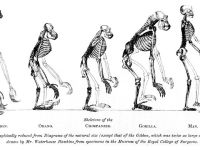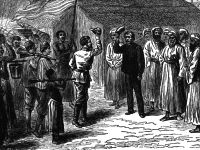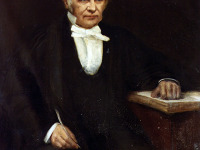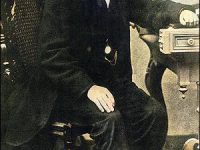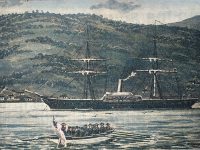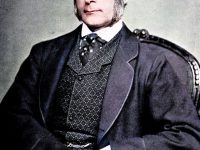The Great Exhibition and the Crystal Palace
On May, 1st, 1851, Queen Victoria opened the Great Exhibition in the Crystal Palace in Hyde Park, London, which was the first in a series of World’s Fair exhibitions of culture and industry. A special building, nicknamed The Crystal Palace, a gigantic cast-iron and plate-glass building, was built to house the show on its 92,000 square meters of exhibition space to display examples of the latest technology developed in the Industrial Revolution. If you…
Read more

